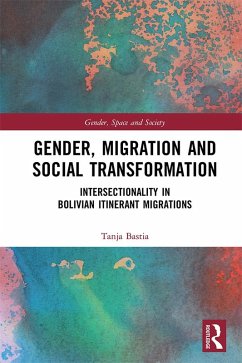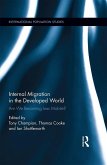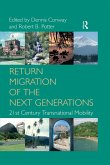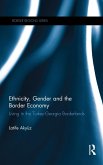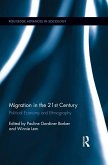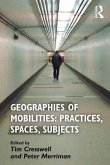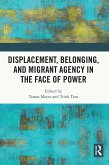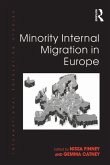Intersectionality can be used to analyse whether migration leads to changes in gender relations. This book finds out how migrants from a peri-urban neighbourhood on the outskirts of Cochabamba, Bolivia, make sense of the migration journeys they have undertaken.
Migration is intrinsically related to social transformation. Through life stories and community surveys, the author explores how gender, class, and ethnicity intersect in people's attempts to make the most of the opportunities presented to them in distant labour markets. While aiming to improve their economic and material conditions, migrants have created a new transnational community that has undergone significant changes in the ways in which gender relations are organised. Women went from being mainly housewives to taking on the role of the family's breadwinner in a matter of just one decade.
This book asks and addresses important questions such as: what does this mean for gender equality and women's empowerment? Can we talk of migration being emancipatory? Does intersectionality shed light in the analysis of everyday social transformations in contexts of transnational migrations? This book will be useful to researchers and students of human geography, development studies and Latin America area studies.
Migration is intrinsically related to social transformation. Through life stories and community surveys, the author explores how gender, class, and ethnicity intersect in people's attempts to make the most of the opportunities presented to them in distant labour markets. While aiming to improve their economic and material conditions, migrants have created a new transnational community that has undergone significant changes in the ways in which gender relations are organised. Women went from being mainly housewives to taking on the role of the family's breadwinner in a matter of just one decade.
This book asks and addresses important questions such as: what does this mean for gender equality and women's empowerment? Can we talk of migration being emancipatory? Does intersectionality shed light in the analysis of everyday social transformations in contexts of transnational migrations? This book will be useful to researchers and students of human geography, development studies and Latin America area studies.
Dieser Download kann aus rechtlichen Gründen nur mit Rechnungsadresse in A, B, BG, CY, CZ, D, DK, EW, E, FIN, F, GR, HR, H, IRL, I, LT, L, LR, M, NL, PL, P, R, S, SLO, SK ausgeliefert werden.

